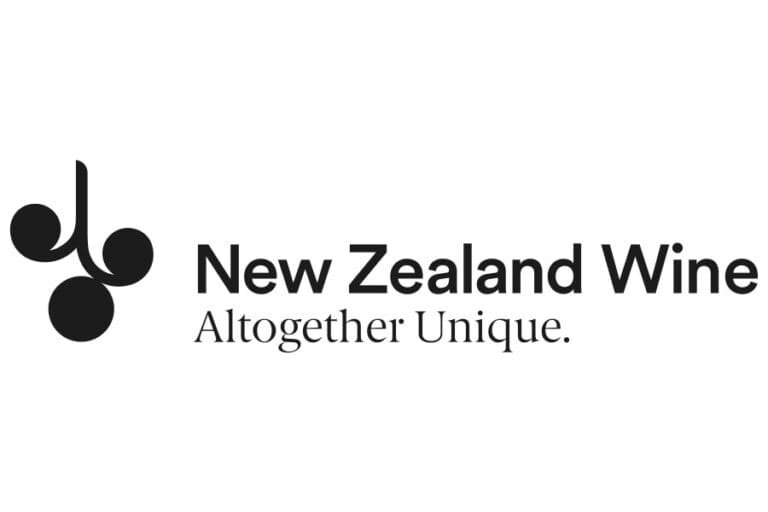Friday, 27 February 2026
New Zealand wine industry’s report shows commitment to sustainability
The 2025 New Zealand Winegrowers Sustainability Report takes the pulse of the industry’s progress with sustainability The New Zealand wine industry remains committed to a sustainable future, a vision that…

The 2025 New Zealand Winegrowers Sustainability Report takes the pulse of the industry’s progress with sustainability
The New Zealand wine industry remains committed to a sustainable future, a vision that industry leaders have been championing for over 30 years. Despite current turbulent global trade winds, the reputation of the New Zealand wine industry for high-quality, distinctive, and sustainable wines remains a constant, and the industry is focused on protecting its hard-won reputation for generations to come.
The 2025 New Zealand Winegrowers Sustainability Report takes the pulse of the industry’s progress with sustainability. The report provides a compelling snapshot, highlighting empirical data collected from its members that are certified by Sustainable Winegrowing New Zealand (SWNZ) – encapsulating 98 per cent of vineyard area, and around 90 per cent of wine produced.
The measures are set against the industry’s sustainability goals: Climate Change, Water, People, Soil, Waste, and Plant Protection.
“While we may be here for a short time, our impact can last longer than a lifetime. To our industry, sustainability means growing grapes and producing our world-famous wines in such a way that we can do so for generations to come”, states the report.
The report notes that climate change is the biggest long-term challenge facing the industry. The New Zealand Wine Roadmap to Net Zero 2050, released in 2024, highlights the need for change across key areas of the value chain to set the path to a net-zero future. Dr Edwin Massey, General Manager Sustainability, says, “We can see from the data that more of our members are implementing specific initiatives to minimise their carbon footprint”.
“Once you start measuring your emissions, you can then make informed business decisions around future changes and investment”, says Dr Massey. SWNZ members submit data on their greenhouse gas (GHG) emissions. An individualised report is provided to each member, giving comparative data over time. In addition, there are also regional and national reports providing a macro benchmark for progress.
With the goal to be world leaders in water use and the protection of water quality, Dr Massey says the report shows that “100 per cent of wineries and 92 per cent of vineyards are optimising their water use through conservation and reduction”.
Technology
Ingredion Thailand Achieves 100% Sustainably Sourced Cassava
Feb 27, 2026 | Company News
Deakin University and Bellarine Foods Partner to Develop Sustainable Marine-Derived Proteins
Feb 26, 2026 | Australia
Royal Unveils Refreshed Jute Bag Design for 20lb Authentic Basmati
Feb 25, 2026 | Company News
Food Testing
Australian Medical Bodies Push for Compulsory Health Star Labelling
Feb 24, 2026 | Australia
Tim Hortons Singapore Secures Majlis Ugama Islam Singapura Halal Certification Ahead of Ramadan
Feb 23, 2026 | Company News
More Popular
Fagron Acquires Pharmavit Europe for €68Mn to Expand Nutraceutical Portfolio
Feb 27, 2026 | Company News
Arla Foods Invests EUR 300Mn in New Cheese Dairy in Sweden
Feb 27, 2026 | Company News
Beyond Meat Broadens Portfolio Beyond Protein with Sparkling Plant-Based Drink Line
Feb 27, 2026 | Beverages






